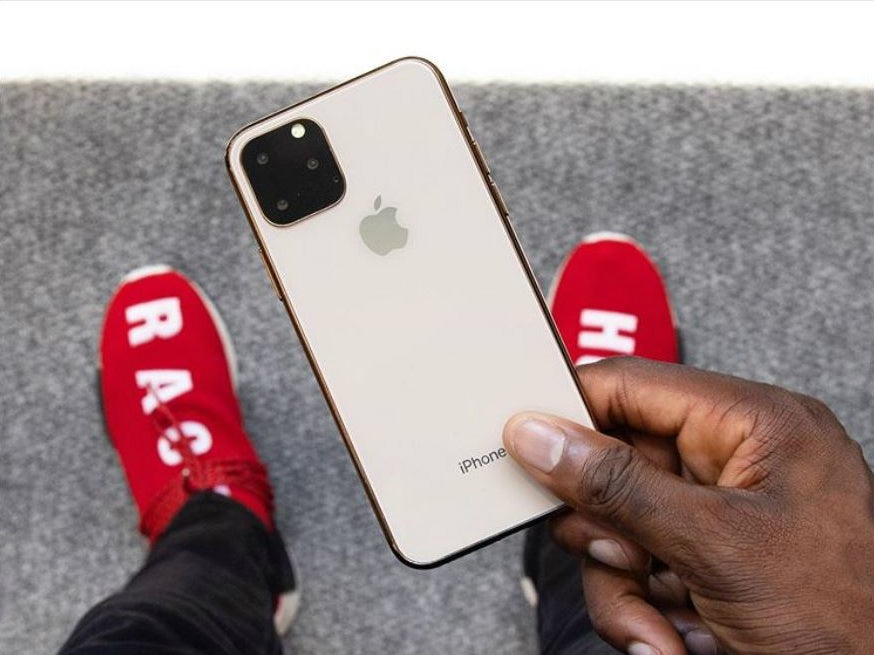Opinion: Apple’s latest results prove the iPhone 11 needs to take a page out of Google’s playbook

Apple’s just released its latest quarterly financial results and they paint a pretty picture for everything but one thing: the iPhone.
Despite posting earnings of $53.8bn – a 1% year-on-year increase – iPhone revenue was actually down. Specifically, the company only took in $25.99bn in iPhone revenue – down $3.48bn from last year.
This doesn’t sound like much, but it means the iPhone speaks for its smallest share of Apple’s overall revenue for the first time since 2012. The news was so marked that Apple CEO Tim Cook even pseudo acknowledged the trend in his statement to investors.
“This was our biggest June quarter ever – driven by all-time record revenue from Services, accelerating growth from Wearables, strong performance from iPad and Mac and significant improvement in iPhone trends,” he said.
Related: Best smartphones 2019
Significant improvements here being Apple code for “it’s not doing as bad as expected”. The only positive statement he had was that they’ll have “new products” in the near future.
“These results are promising across all our geographic segments, and we’re confident about what’s ahead. The balance of calendar 2019 will be an exciting period, with major launches on all of our platforms, new services and several new products,” Cook added.
This presumably refers to the company’s hotly anticipated iPhone 11, which is expected to launch in September.
Related: Best mid-range smartphone 2019
Sadly what Tim Cook didn’t address is, for me, the core reason the iPhone isn’t dominating the way it once was: it’s too expensive.
You may remember me making this point before. I actually said it less than a week ago in Trusted Reviews’ last Fast Charge column. And not to blow my own trumpet, but these results prove my point.
As I’ve said it multiple times – the top-end phone bubble has well and truly burst. Like laptops in the early 2000s consumers have woken up to the fact that they don’t need to buy a new phone every year and, outside of a select few power users, don’t need to spend £1000 on a new handset.
I’m not alone in this belief. Kantar researchers agree, with the company’s latest mobile sales forecast highlighting the mid-range £400-£600 segment of the market as the fastest growing in mobile. It also highlighted a minor drop in the Apple iPhone’s market share in Europe – something that would have been unheard of even a couple of years ago.
Related: Best iPhone 2019
For me and the rest of team Trusted Reviews, what Apple needs to do to reverse this trend is simple. Apple has to make a cheaper iPhone.
Yes you can buy an older iPhone 7, and the iPhone XR technically is a cheaper option, but to really reverse the trend Apple needs to go further and take a page out of Google and Samsung’s playbooks.
We’ve already seen that bringing new innovations and handsets to the mid-range market works. Google managed to completely reverse its dire Pixel 3 phone sales with the launch of the Pixel 3a and Pixel 3a XL, which feature the same top end camera-tech as their siblings, but cost close to half the price, earlier this year.
Samsung’s latest financials also highlight the launch of its spiffy new mid-range Galaxy A-series as a key growth area that’s helping it overcome lower than expected Galaxy S10 sales.
If Apple wants to pull the same trick it’ll have to do the same, and bring innovation and a new phone to the mid-range market. Hopefully it will listen and release a new iPhone SE 2 or follow up to the much beloved iPhone 5C. But given the lack of industry rumblings about the two, I’m not holding my breath.


